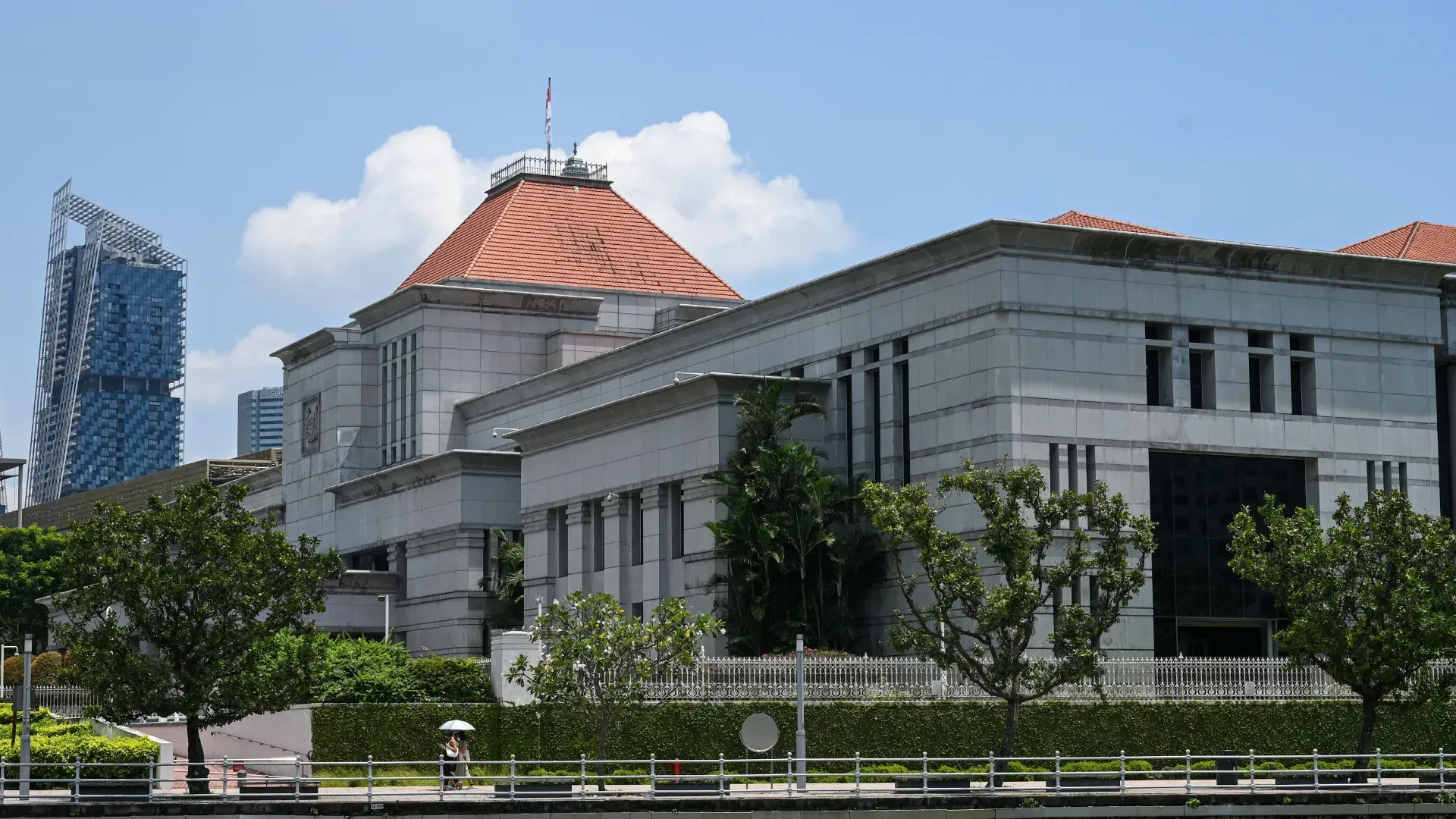Singapore is highly likely to tighten its control of its digital space in the long term.
This assessment was issued to clients of Dragonfly’s Security Intelligence & Analysis Service (SIAS) on 16 May 2023.
- The government is highly likely to bolster the control of its digital space in the coming years
- There is a high likelihood that a recently-tabled Online Criminal Harms Bill will pass into law within the coming months
- State agencies will probably continue to mainly regulate online information within the parameters of such legislation
Parliament introduced a bill on 8 May that would allow the authorities to require online service providers to disable access to specific content and websites or stop interactions between an account with any person in Singapore, among other measures. The bill is highly likely to pass. That said, online monitoring and media control are already very tight in Singapore, and these will probably continue to occur within a clear legal framework.
New bill
Singapore is becoming more assertive in countering online criminal activity, false and hostile information campaigns and egregious content. The Online Criminal Harms Bill, introduced into parliament on 8 May, builds on other laws introduced in recent years that were similarly aimed at improving the country’s ability to counter these issues. These include the 2019 Protection of Online Falsehoods and Manipulation Act (Pofma), the 2021 Foreign Interference (Countermeasures) Act and 2022 amendments to the Broadcasting Act.
The Online Criminal Harms Bill is highly likely to pass in the coming months. Similar laws have been passed with little-to-no parliamentary or other political opposition in recent years. And a local contact that is well-connected among local legislators told us last year that countering misinformation is one of the government’s main priorities when it comes to the digital space. A second reading of the bill is due in July. Based on its provisions, the bill would enable the authorities to require:
- Person(s) or entities to remove, or stop communicating, online criminal content to people in Singapore
- Online service providers to disable content, such as a post or a page, on their service from the ‘view of people in Singapore’
- Online service providers to stop an online account on their service from ‘communicating in Singapore and/or interacting with people in Singapore’
- Internet service providers to block access to an online location, such as a website, from the ‘view of people in Singapore’
- App stores to remove certain applications from the Singapore storefront
The authorities would probably use the law mainly in cases where any online activity, messaging or posts meet what they believe to be a criminal offence. Examples of such offences in the bill include those related to terrorism and internal security, ‘harmony’ between different races, religions or classes, incitement of violence or disobedience, the secrecy of sensitive government information, drugs, gambling, scams and malicious cyber activities, and sexual offences.
Likely application
We doubt that state agencies in Singapore would act with significantly greater impunity as a result of these laws. The country has tight controls on the internet and media, but these appear to occur within the legal framework. But such legislation in recent years seems to provide the government with the power to arbitrarily decide what is false information and criminal content, and so order the takedown of certain information. Major tech firms and opposition MPs have expressed concerns around this in recent years. But any applications of such laws can be challenged in the courts.
In our analysis, the authorities would be most likely to use such legislation to control and regulate the spread of online information during elections and other high-profile, unusual events. They reportedly issued their highest number of correction directions (five) under the Pofma during a general election in July 2020; recipients included education entities and a mainstream media outlet circulating information about Covid-19 and the testing of migrant workers. State agencies would also probably seek to actively take down online content amid relatively major but very rare events affecting internal security, such as rioting or terrorism.
Image: People walk along the side of the Parliament Building in Singapore on 20 October 2022. Photo by Roslan Rahman/AFP via Getty Images.




